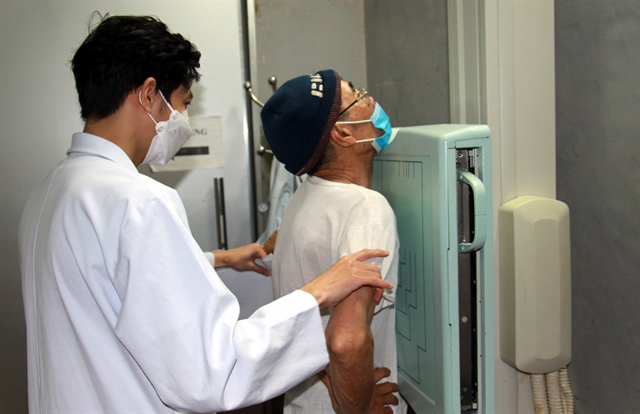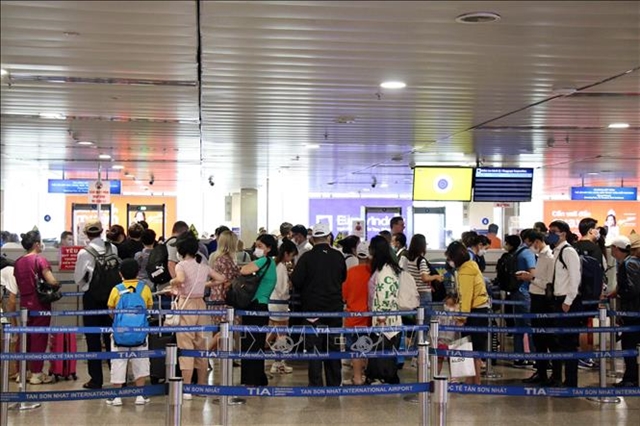BLUEFIELDS, Nicaragua — Central America suffered a hurricane and offshore earthquake at the same time on Thursday, triggering alarm in Nicaragua, El Salvador and Costa Rica but no immediate reports of any casualties.
Nicaragua was caught in the middle of both events, with Hurricane Otto, a storm packing sustained winds of up to 175 kilometres per hour at the time, plowing into its Caribbean coast while the 7.0 quake occurred in the Pacific Ocean, off its other coast.
Nicaraguan President Daniel Ortega declared a national emergency to handle both potential disasters.
But hours later, there were no reports of any widespread destruction, only of fallen trees and electrical cables, and a few collapsed roofs from the storm.
El Salvador ordered residents along its Pacific shore to move inland. But it and Nicaragua soon lifted tsunami alerts they had issued as a precaution.
By nightfall, Otto was "weakening rapidly over southern Nicaragua," the US-based National Hurricane Center said in a 0000 GMT bulletin.
The Miami-based NHC said Otto’s maximum sustained winds had slowed to 120 kilometres per hour in Nicaragua.
In Panama, eight people lost their lives during the storm in recent days, three of them directly linked, Jose Donderis, director of the national civil protection service, said Thursday at a news conference.
The other five people died through acts of negligence or risky behavior, such as not following authorities’ warnings, he said.
Otto’s projected path was through sparsely inhabited rural areas in southern Nicaragua and northern Costa Rica. It was expected to weaken to a tropical storm late Thursday before exiting into the Pacific.
Satellite images showed Bluefields, Nicaragua’s main Caribbean city, bearing the brunt of the hurricane, but there was almost no wind or rain.
"We haven’t lost any lives. Things are going well. We think that tonight (Thursday), people should be able to start going back to their homes," said a government representative in Bluefields, Lumberto Campbell.
High vigilance
In San Juan de Nicaragua further south, the town closest to where Otto made landfall, there were reports of strong wind and rain, with fallen trees and electrical cables, and roofs torn off -- but no deaths or injuries.
Neighbouring Costa Rica, which had been fearing its first direct hit from a hurricane since records began in 1851, also showed little damage.
The government had declared a national emergency, closed schools, sent non-essential workers home for Thursday and Friday, and evacuated around 4,000 people from its Caribbean coast.
Vigilance remained high in Nicaragua and Costa Rica, however, given the risk of mudslides in coming days from the storm’s rains.
In El Salvador, following the quake, officials scrambled to evaluate the possible damage. The task was made more difficult because some telephone lines in the capital San Salvador had been cut. — AFP









